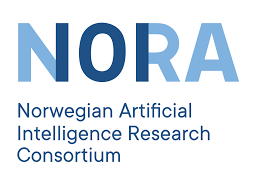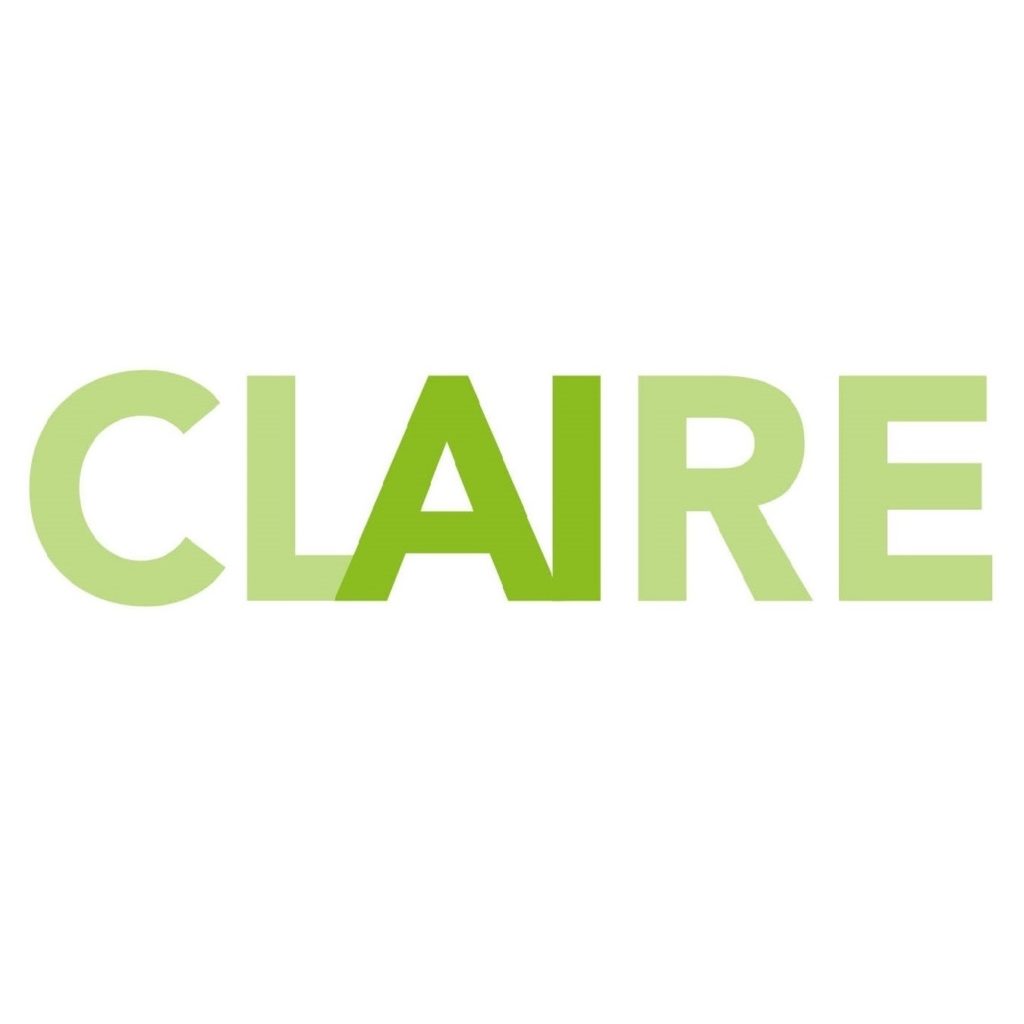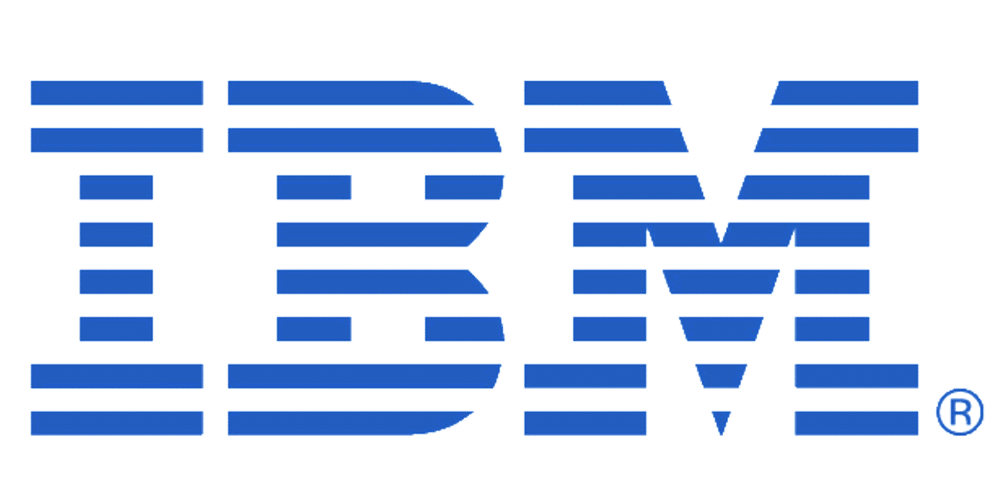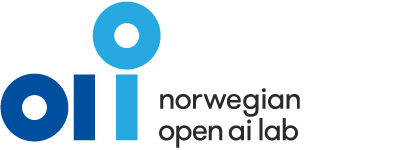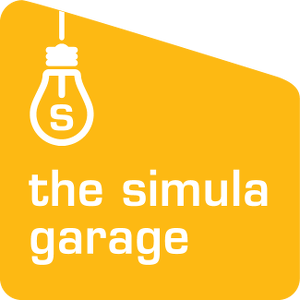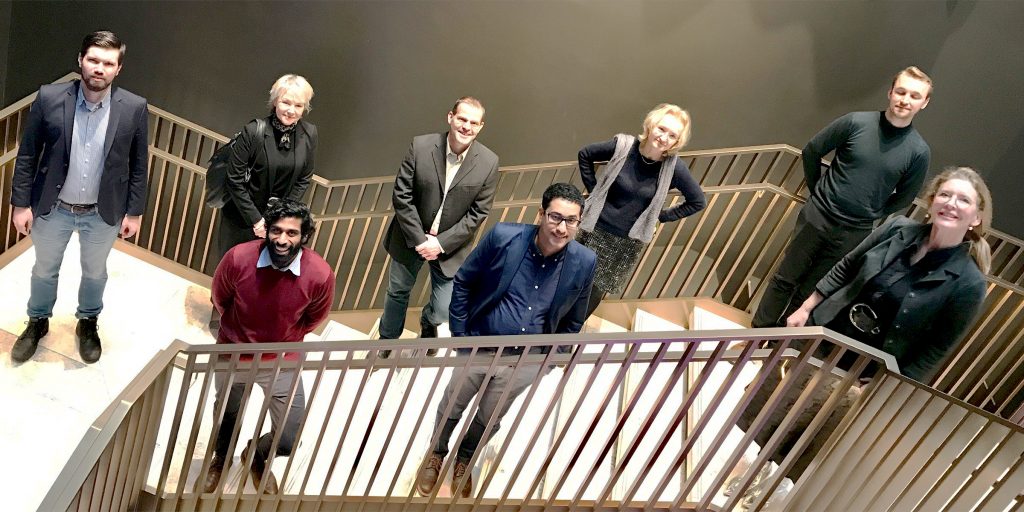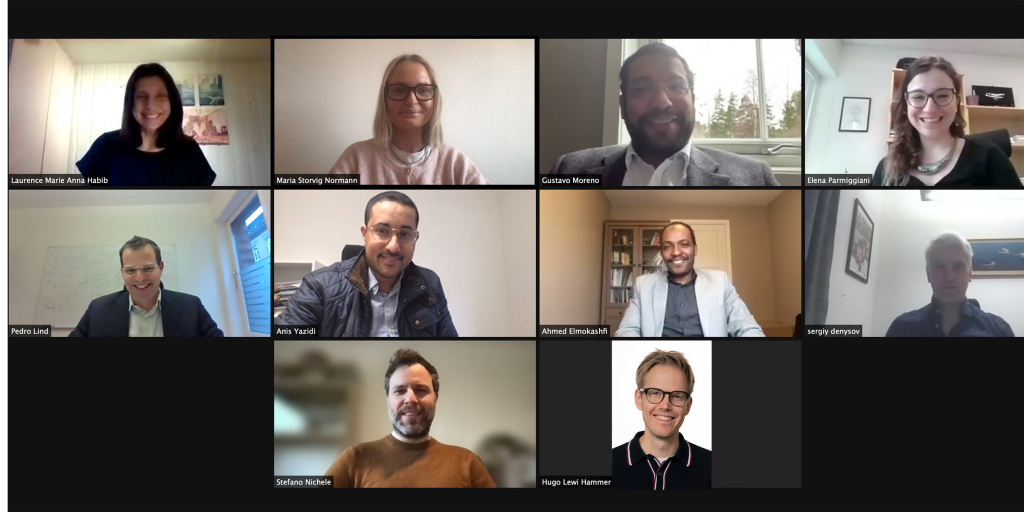Research areas
Urban Ocean
The new editor comes with a handful of default blocks such as paragraph, image, gallery, and more, to help you create better standard posts and pages.
Intelligent health
The new editor comes with a handful of default blocks such as paragraph, image, gallery, and more, to help you create better standard posts and pages.
Smart cities
The new editor comes with a handful of default blocks such as paragraph, image, gallery, and more, to help you create better standard posts and pages.
—
The new editor comes with a handful of default blocks such as paragraph, image, gallery, and more, to help you create better standard posts and pages.
Research areas
Biologically-inspired AI
At the Living Technology Lab, lead by Stefano Nichele we work with biologically-inspired approaches to AI, at the intersection of biological and artificial life, computational neuroscience, and complex systems. In this research area we do not refer to artificial intelligence as smart algorithms, rather we mean artificial systems that have cognitive capabilities similar to those of living beings.
This group is multidisciplinary, and use methods ranging from analysis of electrophysiological data from in-vitro neuronal cultures, spiking neural network modeling, network theory, abstract cellular automata models, evolutionary robotics, and art.
Our goal is to better understand the information processing and computation in living and neural systems, in order to build artificial intelligence systems that are more true to biology. This has potentially many advantages, such as energy efficiency, the ability to learn many complex tasks through emergence and self-organization, and the ability of adaptation to new environments.
Medical AI systems
The Lab is involved with the intelligent health environment at OsloMet and several research projects involving medical AI systems. Anis Yazidi is leading the development of machine learning tools and deep learning models together with the Aalto University in the AI Mind project. In the research project Artificial intelligence – a novel tool in assisted reproduction technology we are using artificial intelligence to improve the selection of embryos and sperm by assisted reproduction. The lab has also been involved in developing the new master in health and tech at OsloMet (cant find link on oslomet.no). More projects in health?
Needs review
Quantum computing
The Lab is developing research in quantum computing. Although still in its infancy, quantum computing is a very promising alternative to the classical way computational algorithms are now solving complex problems. Quantum computing already demonstrated potential to solve complex optimization problems much faster than the largest present-day computational clusters. In particular, if properly implemented, QC algorithms would enable us to make optimal decisions in the clinical context, from a broad panoply of possible options, on a time scale compatible with the times of clinical decision making. While quantum computing is still being investigated at the theoretical level, the first quantum computers are already being used to test how good quantum computing could be in the near future. The Lab has now two quantum computers which, though with only a few so-called q-bits, can be used as testbeds for research projects and for education purposes.
Explainable AI
Building transparent and explainable AI systems is important to increase trust in artificial intelligence. Therefore, it is important for us to facilitate research on how this can be done within different important societal applications such as medicine, child welfare, and climate. Michael Riegler and Hugo Hammer are two of our experts within this area of artificial intelligence.
Needs review
Robotics and autonomous systems
Alex Alcocer and Vahid Hassani are our experts in robotics and autonomous systems. Alex is leading the OceanLab at OsloMet where they coordinate research, innovation, and public outreach activities related to ocean technology and sustainability. He is also a co-founder of the marine robotics startup uSEA and a project coordinator of OASYS research project. Vahid is involved in the SMART ROV and Resident autonomous ROV projects, where smart remotely operated vehicles (ROVs) are being developed in collaboration with IKM Technology AS.
Needs review
Stochastic modeling
This focus area bridges between tools for data analysis and modeling and theoretical aspects of statistical and mathematics, dealing for example with dynamical systems and scientific computing. In simple words, stochastic modeling enables us to uncover dynamical laws governing a particular phenomenon from which we collect data and measurements. On one side, we explore the mathematical background to improve the accuracy and robustness of such models. On the other, we aim at implementing our theoretical derivations into routines (in Python and R) which can be used by the AI community in different applications.
Reinforcement learning and deep learning
A lot of the work from the AI Lab is focused on reinforcement learning and deep learning. Anis Yazidi is developing computationally efficient methods for both data mining and reinforcement learning, and applications of deep learning in computer networks and to the field of health. Hugo Hammer works with improving reliability and transparency of machine learning, reinforcement learning and deep learning models by developing methods within model interpretation, uncertainty quantification, robust statistics and causal inference.
Needs review
AI in journalism
its own project and mentioned under research area reinforcement learning/deep learning? <– should reinforcement and deep learning be two different areas? other areas?
